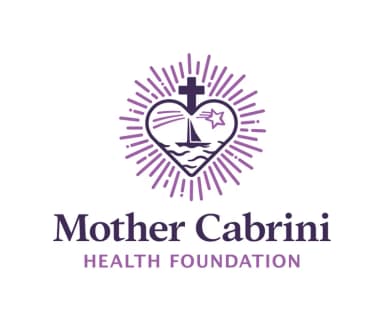Her Migrant Community
Blog
The Hidden Struggle: Refugee Women, Mental Health, and the Housing Crisis
Refugee women face unique challenges when it comes to securing affordable housing, and the ripple effect on their mental health is alarming. According to research, housing affordability stress can worsen or even trigger anxiety, depression, and PTSD among refugee women (Baker et al., 2020). This is particularly concerning for those with children, who often experience a gender wealth-gap, higher poverty rates, and limited work opportunities—factors that increase the risk of evictions and displacement.
For refugee women in the U.S., housing challenges are magnified by a number of barriers including language difficulties, discrimination, and immigration restrictions. These challenges are compounded by systemic issues, such as profit-driven investors buying up housing, reducing the availability of affordable units (Solf et al., 2024). Without stable housing, the road to community integration becomes more difficult, while mental health issues worsen.
The mental health implications of housing instability are well-documented. Even for those with mild symptoms, the constant stress of housing insecurity can exacerbate mental health conditions (Fallon & Zinn, 2023). Refugee women often find themselves trapped in a cycle of displacement, unable to escape due to limited support networks and vulnerability to exploitation.
Addressing these challenges requires a comprehensive approach. It starts with recognizing housing as a human right, a concept enshrined in both the Universal Declaration of Human Rights and international commitments the U.S. has signed. By promoting affordable housing policies, raising awareness of tenant rights, and building partnerships with local organizations, a path to stability for refugee women can be created. Housing stability doesn't just protect mental health; it strengthens families, supports community integration, and ensures dignity for all.
Susan McLaughlin

